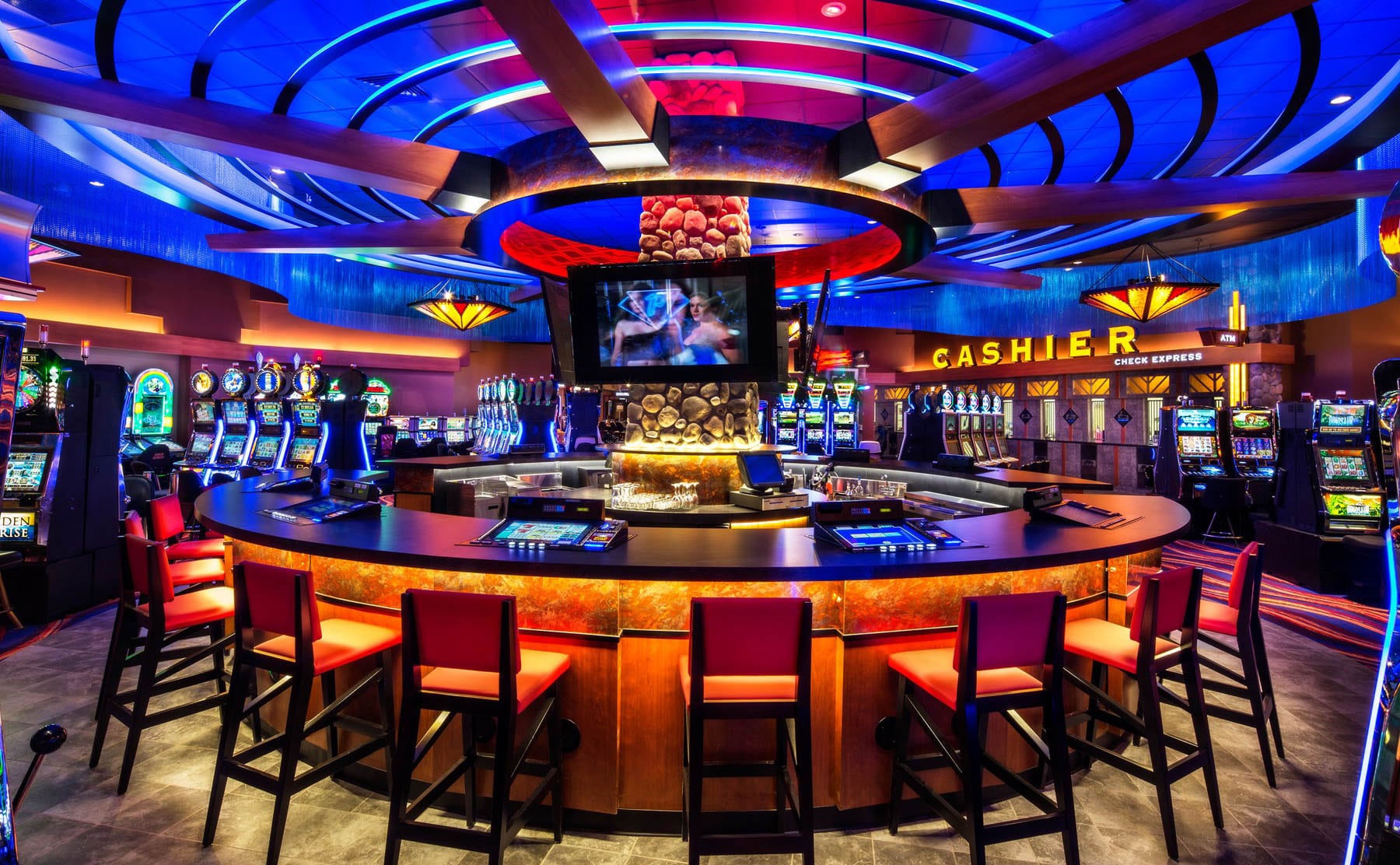A History of Gambling: Dating Back to Ancient Civilizations to Present-Day Casino Gaming

Gambling has been an integral part of human recreation for millions of years, transforming through cultures and eras to become the vibrant casino activities we know today. From the ancient Chinese and Romans, who engaged in various forms of betting and luck, to the advanced gaming floors of today’s casinos, the attraction of gamble and winning has captivated individuals across the globe. The transition from simple dice games and rudimentary betting setups to the extravagant environments of contemporary casinos reflects major strides in both social norms and technological advancements.
As societies evolved, so too did the complexity of gambling activities, with casino games emerging as a distinct category of leisure and excitement. These activities have evolved from casual gatherings centered around traditional tables to expansive, lavish establishments designed to entice players. Today, we delve into this fascinating journey, analyzing how historical practices laid the foundation for the diverse and thrilling casino games that bring pleasure to millions worldwide.
spintax
Historical Gambling Traditions
Wagering has profound roots in human past, with indications of activities of chance originating from ancient civilizations. Archaeologists have discovered that as far back as 3000 BC, the ancient Chinese were using rudimentary forms of betting with dice made from bones. Similarly, ancient cultures of Mesopotamia engaged in wagering activities, often relying on the tossing of lots or dice to determine outcomes. These early forms of gambling served not only as recreation but also played important roles in social and cultural practices.
The people of Egypt also took part in gambling activities, with games that included betting on the results of various occurrences, including sports and spiritual festivals. Artifacts such as dice and depictions of gamblers from ancient tombs demonstrate that betting was a common pastime. It provided both entertainment and a means of engaging in social connections, often linked to joyful occasions or major gatherings. This activity demonstrated the universal appeal of chance and rivalry throughout history.
In ancient Rome, betting became a prevalent practice among the populace, as shown in references in texts and the establishment of guidelines around certain games. Romans enjoyed a variety of gambling activities, from betting on chariot races to playing games akin to modern-day board games. The legal structure surrounding these activities began to take shape, establishing the foundations for gambling regulations that would grow in the centuries to come. The prevalence of betting during this period set the stage for the development of gambling house games in the future.
The Progression of Casino Games
Casino games have experienced notable transformations from their beginnings to the contemporary entertainment selections. Đăng ký BK8 In historical civilizations, gaming was frequently associated to ceremonial practices, with dice games found in Mesopotamia and wagering on the outcomes of events in classical Rome. These primitive forms of gambling laid the foundation for the formal games we see today. The shift from informal gambling to systematic games took place as societies began creating rules and venues for wagering, demonstrating cultural values and practices.
The medieval period saw the emergence of card games, which gained fame among the nobility of Europe nobility. Games like the first and the game baccarat became mainstays in social gatherings. The creation of printing technology further enabled the spread of playing cards, making them more available to the masses. As gambling houses began to increase, these card games transformed into variations that appealed to wider audiences, eventually leading to the founding of casinos as exclusive venues for gaming.
The 1900s marked a pivotal point in the development of casino games, with the growth of commercial casinos in Vegas and other betting centers. This era introduced games like video slots and modern adaptations of table games, complete with sophisticated graphics and intricate betting structures. The advent of online casinos in the tail end of the 1990s also revolutionized the gaming industry, allowing players to access a wide range of casino games from the comfort of their homes. Today, casino games go on to evolve, blending classic elements with advanced technology to create engaging experiences for players around the globe.
Contemporary Gaming Laws
In recent years, the environment of gaming laws has evolved significantly, particularly as technology and internet-based gambling have become ever prevalent. Regulatory bodies around the world have enacted various laws and guidelines to guarantee that gambling activities are conducted justly, responsibly, and transparently. These laws often encompass elements such as permits, advertising, player protection, and sensible gambling measures. Authorities aim to mitigate issues such as problem gambling and cheating while promoting a equitable gaming environment.
The emergence of online gambling sites has necessitated a different approach to regulation. Many legal areas have set up specific internet-based gambling structures that serve online gaming, enabling operators to offer their offerings within the law. These structures often demand operators to obtain permits, adhere to strict safety protocols, and provide assistance options to assist players. By closely monitoring internet activities, regulators can more effectively protect players from risks and make sure that gambling is carried out in a safe manner.
Additionally, contemporary gambling regulations are increasingly centering around responsible gambling strategies. Many gaming establishments and internet-based sites now adopt features such as self-exclusion, deposit limits, and breaks to help players manage their gaming habits. Educational campaigns aimed at raising awareness about the dangers of gambling are also common. As the industry continues to grow, the emphasis on responsible gambling continues to be a cornerstone of regulatory efforts, reflecting a dedication to encouraging a secure and enjoyable gambling experience for all gamblers.
